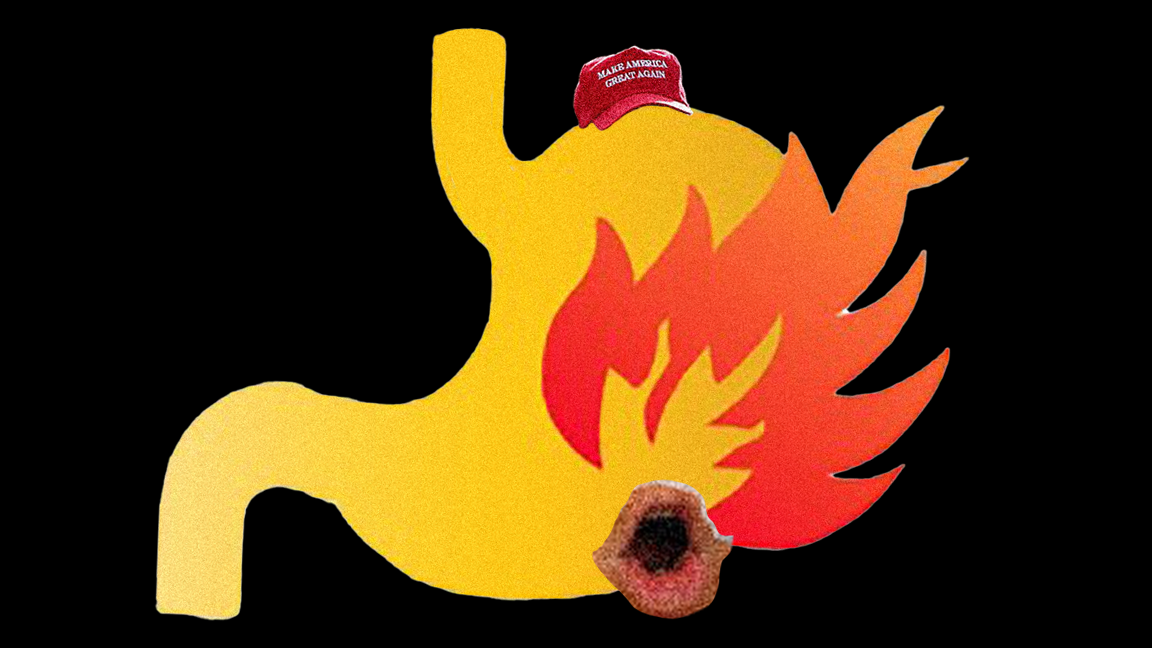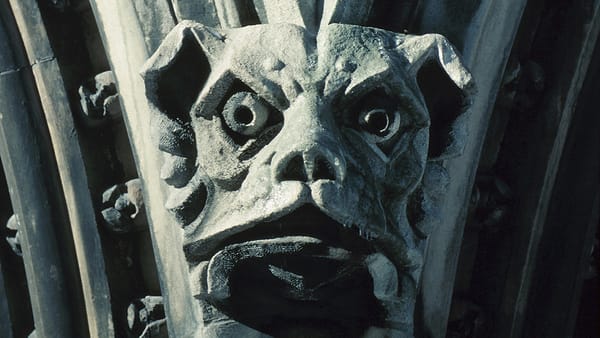What does "unconstitutional" mean?
Indignity Vol. 5, No. 95

THE WORST THING WE READ™
Authoritarian Gumbo
Yesterday, Judge Richard Leon of the federal District Court for the District of Columbia ruled, in a lawsuit filed against the Trump administration by the law firm of Wilmer Cutler Pickering Hale and Dorr, that Donald Trump's executive order of March 27—which the president put out under the title "Addressing Risks From WilmerHale"—"must be struck down in its entirety as unconstitutional."
Decisions like Leon's have been coming out multiple times each week now, as the judiciary tries to respond to an executive branch gone out of control. This afternoon, the United States Court of International Trade ruled that Trump's entire program of tariffs was illegal, infringing on the "exclusive authority" of Congress to regulate trade. A few hours before, a federal district court issued a restraining order to prevent the Trump administration from blocking transportation funding to New York while the state defends its congestion pricing system in court.
The opinions are largely nonpartisan—Leon himself was appointed by George W. Bush—and frequently scathing. What set this particular one apart was the judge's generous use of exclamation points, starting in the opening sentences:
The cornerstone of the American system of justice is an independent judiciary and an independent bar willing to tackle unpopular cases, however daunting. The Founding Fathers knew this!
Leon also included a footnote comparing the executive order to a gumbo, in which Trump's particular penalties against WilmerHale were the "meaty ingredients" bound together by the "roux" of the order's first section, where Trump had accused the firm of "weaponization of the justice system" and had expressed his broad intention to retaliate against it. "A gumbo is served and eaten with all the ingredients together, and so too must the sections of the Order be addressed together," Leon wrote. "As explained in this Memorandum Opinion, this gumbo gives the Court heartburn."
Behind the flourishes, though, the opinion was a grim, methodical piece of work—methodical, and at the same time, absurd. The absurdity was not the judge's fault; it was in the nature of the job he had to do. Leon was responsible for explaining why it was that the president of the United States was not allowed to arbitrarily impose sanctions on a law firm as punishment for that firm having practiced law. In what ways, exactly, did this blatant abuse of power actually violate the constitution? How did Donald Trump's conception of what a president ought to be able to do violate the particular terms of what a president is in fact able to do?





